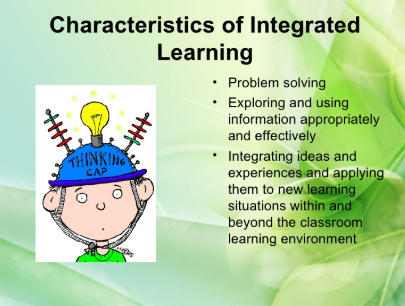Learning and Teaching News
Small, focused intentional group teaching, self directed people, learning what they need. People not data.

Learning and Teaching News
Small, focused intentional group teaching, self directed people, learning what they need. People not data.
Welcome back to Term 3!
The children were so excited to come back to school last Monday! We proceed into a very busy Term 3, with lots of learning, and excitement building around our big school production of Alice in Wonderland, Junior. We feel confident in telling our community to get ready to be blown away by yet another of Ms Victoria’s and St Anthonys’ big blockbuster productions! Our teachers have been planning the learning experiences for students using an integrated approach, so that our students get the most out of this term and the school play.


We look forward to your participation and involvement in any way possible, so please see your childs’ teacher if you are able to do so.
The following are excerpts from an article I read recently about parental expectations, ‘Why Kids Thrive When We Set High Expectations’ by Sanya Pelini. It certainly made me reflect on the parenting of my own five year old!
Lady Bird Johnson once said that “children are apt to live up to what you believe of them.” Since then, solid evidence has suggested that parental beliefs and attitudes largely influence children’s outcomes.
A number of studies have found that when parents set “great” expectations, their children are more likely to meet those expectations. In other words, the expectations we hold of our children are critical in determining their academic and social outcomes.
Another study found that holding children to high expectations has a positive impact on their actual academic performance. These children are also less likely to drop out of school. The study found that parents’ expectations exerted the strongest influence on academic outcomes.
In yet another study, it was observed the impact of teacher and mother expectations on 522 low-income urban youth aged between nine and 16. Although the results revealed that the best academic outcomes were observed in students when both teachers and their mothers held high expectations, the study found that mothers’ expectations could have a buffering effect on the occasions when teacher expectations were low.
In other words, even when teachers had little faith in a child’s abilities, the child could still experience positive academic outcomes if his or her mother held high expectations.
All these studies point to the importance of “expecting great things” of our children. A few things should be kept in mind when setting expectations for your child:
Don’t aim too high
A recent study sought to identify the impact of parental over-aspiration on student outcomes by analyzing a large sample from Germany and the United States. The study found that unreasonable expectations – expectations set too high, for example – can be detrimental to children’s performance.
The key in setting realistic goals lies in knowing your child, so steer away from unnecessary and harmful comparisons. There’s a difference between what she’s expected to know or do, and what she actually knows or can do. Being present and keeping track of her abilities can help you determine how best to help your child progress.
Don’t aim too low
In a recently conducted survey in Britain, Save The Children found that parents risked condemning their children to a life of underachievement as they often underestimated how much their children were actually supposed to know.
This study focused on children’s early learning and involved parents with children aged between two and 10 years old. Of those interviewed, 47 percent believed that at age two-and-a-half, a child’s vocabulary would be 100 words or fewer. In reality, it’s closer to six times that size.
Just as having expectations that are too high can be detrimental to your child’s social and academic performance, expectations set too low can also prevent your child from achieving his full potential.
Raise your expectations gradually
A child gains confidence when he successfully completes a task, so give your children tasks within their abilities. Evidence suggests that completing difficult rather than easy tasks leads to greater self-satisfaction.
However, when your child has mastered specific tasks and as he grows older, it is important to raise your expectations. Make tasks more difficult, but not too difficult, because failure can be detrimental. As Martin Seligman argues, too much failure can lead to learned helplessness.
Be intentional
You don’t lose weight by saying “I want to lose weight.”
You lose weight by having a specific goal – “I want to lose 10kgs” – and then adopting specific habits, e.g. “No more cheese and chocolate except on special occasions.” In other words, you get to your objective by focusing on the means: “How will I lose 10kgs?”
The same can be said about setting expectations. You don’t get your child to read fluently by saying, “I expect you to read fluently.” You help her develop small daily habits, like reading every day for 20 minutes by herself, establishing family read-aloud traditions, etc.
As Henry Ford said, “Whether you think they can, or you think they can’t, you’re right.”
Glennis Kerr
Teaching and Learning Leader